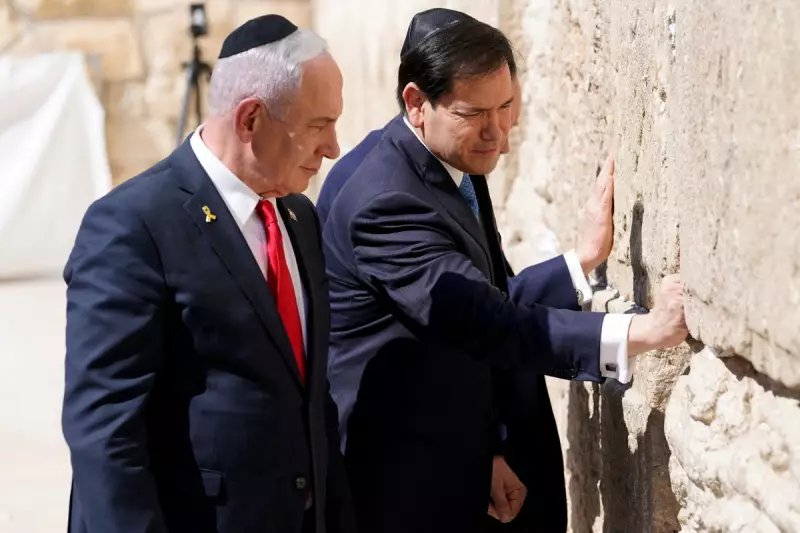
Israeli Prime Minister Benjamin Netanyahu has launched a stinging public rebuke against prominent US Senator Marco Rubio, following controversial remarks suggesting Qatar could serve as a future guardian of Jerusalem's sacred sites.
The diplomatic spat emerged after Senator Rubio, during a television interview, proposed Qatar as a potential custodian for holy places in Jerusalem – a suggestion that struck at the heart of one of the Middle East's most sensitive political and religious issues.
Netanyahu's response was swift and unequivocal. "Jerusalem is the eternal capital of Israel and only Israel," the Prime Minister declared, leaving no room for interpretation about his position on the matter.
The Core of the Controversy
At the heart of the disagreement lies the status of Jerusalem's holy sites, particularly the Al-Aqsa Mosque compound, known to Jews as the Temple Mount. This area represents one of the most contested religious locations in the world, sacred to both Muslims and Jews.
Senator Rubio's comments touched upon one of Israel's most fundamental political tenets: its sovereignty over Jerusalem. The city's status remains one of the most contentious issues in the Israeli-Palestinian conflict, with both sides claiming it as their capital.
Regional Implications
The exchange highlights the complex diplomatic landscape of the Middle East, where alliances and relationships constantly shift. Qatar, while hosting a major US military base, also maintains channels with groups like Hamas, creating a complicated dynamic in regional politics.
Netanyahu's strong response underscores Israel's determination to control the narrative regarding Jerusalem's future and maintain its sovereignty claims without external suggestions for alternative arrangements.
Broader Diplomatic Context
This public disagreement between Israeli leadership and a US senator comes at a delicate time for Middle Eastern diplomacy. The region continues to navigate shifting alliances and ongoing tensions, making such public exchanges particularly significant.
The incident demonstrates how comments from international figures can quickly escalate into diplomatic incidents when touching upon core national and religious sensitivities in the volatile Middle East region.





